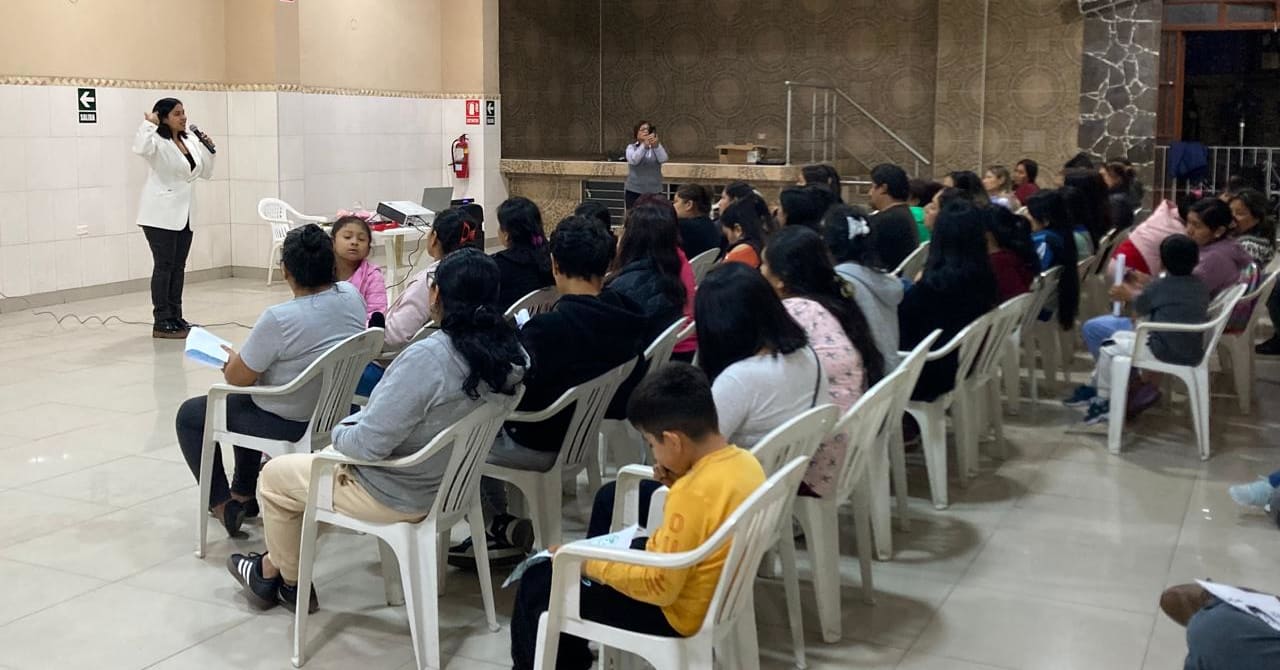Hello FAST members!
I am bringing you the 2024 results of our project "Reducing Anemia with Plant-Based Iron." Once again, the results are excellent. We are starting work with new schools in 2025.
Project description and results:
Anemia is a common disease in Peru, especially among children and women of reproductive age. Iron deficiency anemia is characterized by a lack of iron in the blood, which causes a reduction in the number of red blood cells and, therefore, a decrease in the body's ability to transport oxygen from the lungs to the various organs and tissues.
In Peru, anemia is primarily due to a diet deficient in iron-rich foods and a lack of access to quality health services, which leads to infections that inhibit the absorption of this nutrient. Many people, especially in very low-income rural areas, do not have access to iron-rich foods or lack knowledge on the subject. Furthermore, access to quality health services is limited, making the diagnosis and treatment of anemia difficult.
According to the Peruvian Ministry of Health, 49% of children under 5 years of age living in rural areas suffer from anemia. In urban areas, the percentage is 37%. Furthermore, 57% of women of reproductive age also suffer from this disease.
To address the problem of anemia, ARBA has created a program called "Reducing Anemia with Plant-Based Iron." Through in-person and virtual workshops, it teaches parents where to obtain iron from plant-based foods and helps prevent anemia in their children.
Through partnerships with schools, our team, with the consent of parents and teachers, takes blood samples from children between 4 and 12 years of age in two stages (before and after parent training).
The results of these analyses are revealing and show a clear and severe iron deficiency in many children.
In the two years that ARBA has been carrying out this intervention in schools, incredible results have been obtained, demonstrating that anemia can be overcome with proper nutritional education and without the need to consume animals. Students increased their hemoglobin by 80% with the correct combination of plant-based foods and good practices.
Results Analysis
Resultados 2023
https://arba.pe/wp-content/uploads/2025/03/Reducing-anemia-with-plant-based-iron.pdf
Resultados 2024
https://arba.pe/wp-content/uploads/2025/03/Resultados-del-Proyecto-Hierro-Vegetal-2.pdf
Have a great day!



